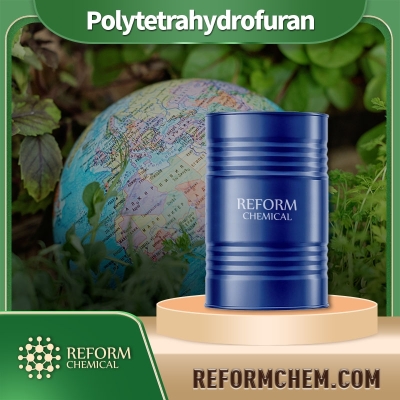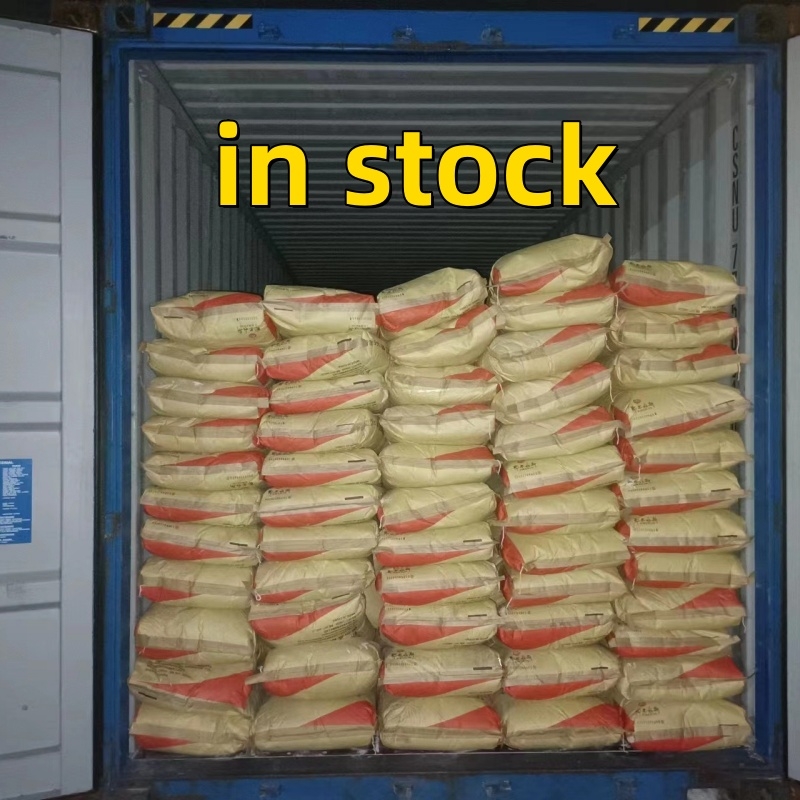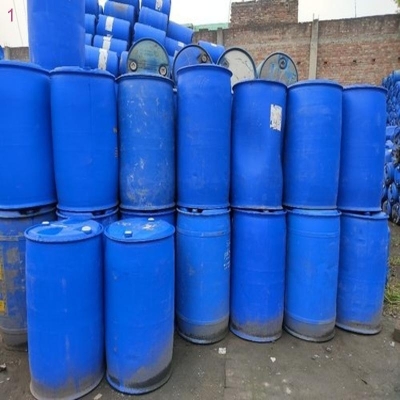-
Categories
-
Pharmaceutical Intermediates
-
Active Pharmaceutical Ingredients
-
Food Additives
- Industrial Coatings
- Agrochemicals
- Dyes and Pigments
- Surfactant
- Flavors and Fragrances
- Chemical Reagents
- Catalyst and Auxiliary
- Natural Products
- Inorganic Chemistry
-
Organic Chemistry
-
Biochemical Engineering
- Analytical Chemistry
-
Cosmetic Ingredient
- Water Treatment Chemical
-
Pharmaceutical Intermediates
Promotion
ECHEMI Mall
Wholesale
Weekly Price
Exhibition
News
-
Trade Service
A few days ago, Li Hong, a researcher at the Institute of Physics of the Chinese Academy of Sciences, pointed out at the 2016 annual meeting of the China Electric Vehicle 100 People Association that the current development of electric vehicles is in full swing, and people are paying attention to how the core technology of pure electric vehicles can make revolutionary breakthroughs
.
From the perspective of the battery field, the first thing should be to make the third generation of lithium-ion batteries, followed by solid-state lithium batteries, and the ultimate goal may be solid-state lithium-air batteries
.
For pure electric vehicles, increasing the energy density of the battery is of great significance, because it means greater range
.
At present, the level of power batteries that can be mass-produced is basically about 180 watt-hours / kg
.
Li Hong believes that if the energy density of the battery in the future reaches 300 watt-hours / kg, pure electric vehicles can travel 470 kilometers on a single charge, which can basically completely solve the problem of
consumer mileage anxiety.
With the increasing shortage of global stone energy, the development of high-capacity secondary batteries with lithium metal as the negative electrode has become a frontier hot issue
in international research.
The solid-state anode lithium-ion battery no longer has liquid electrolytes inside the unit, so the development
of solid-state lithium batteries should be considered in advance.
The positive electrode of lithium-air batteries uses oxygen in the air as the active material, and the positive electrode capacity is theoretically infinite, so a large capacity
can be achieved.
Li Hong pointed out that solid-state lithium batteries still have many problems to overcome, and at present, China has also accumulated a certain amount
of accumulation in solid-state battery research.
In terms of lithium-air batteries, the Chinese Academy of Sciences has also developed the actual monomer
of lithium-air batteries.
A few days ago, Li Hong, a researcher at the Institute of Physics of the Chinese Academy of Sciences, pointed out at the 2016 annual meeting of the China Electric Vehicle 100 People Association that the current development of electric vehicles is in full swing, and people are paying attention to how the core technology of pure electric vehicles can make revolutionary breakthroughs
.
From the perspective of the battery field, the first thing should be to make the third generation of lithium-ion batteries, followed by solid-state lithium batteries, and the ultimate goal may be solid-state lithium-air batteries
.
For pure electric vehicles, increasing the energy density of the battery is of great significance, because it means greater range
.
At present, the level of power batteries that can be mass-produced is basically about 180 watt-hours / kg
.
Li Hong believes that if the energy density of the battery in the future reaches 300 watt-hours / kg, pure electric vehicles can travel 470 kilometers on a single charge, which can basically completely solve the problem of
consumer mileage anxiety.
With the increasing shortage of global stone energy, the development of high-capacity secondary batteries with lithium metal as the negative electrode has become a frontier hot issue
in international research.
The solid-state anode lithium-ion battery no longer has liquid electrolytes inside the unit, so the development
of solid-state lithium batteries should be considered in advance.
The positive electrode of lithium-air batteries uses oxygen in the air as the active material, and the positive electrode capacity is theoretically infinite, so a large capacity
can be achieved.
Li Hong pointed out that solid-state lithium batteries still have many problems to overcome, and at present, China has also accumulated a certain amount
of accumulation in solid-state battery research.
In terms of lithium-air batteries, the Chinese Academy of Sciences has also developed the actual monomer
of lithium-air batteries.







